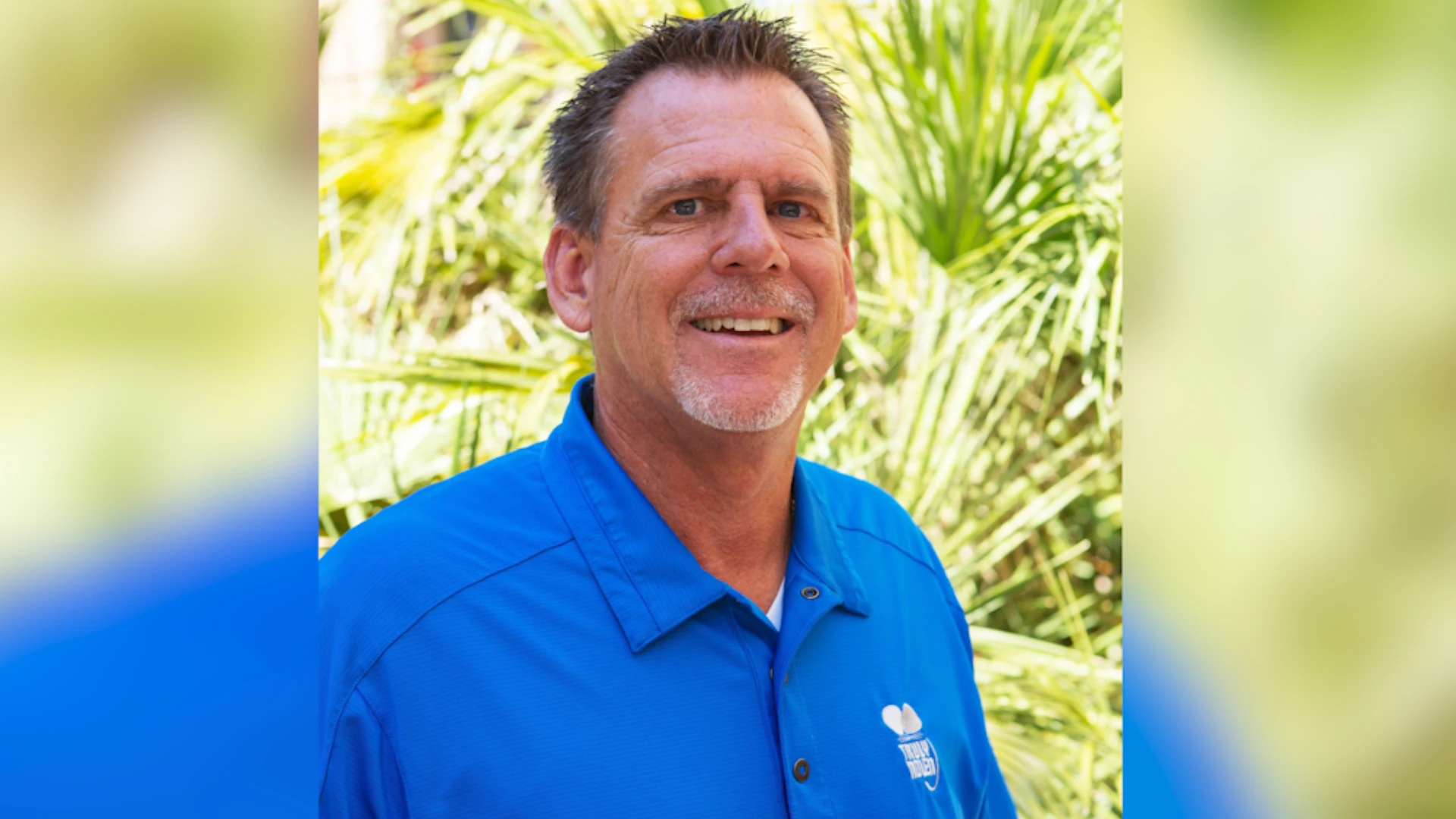Editor’s Note: Recent pest control industry trends find companies switching from XYZ Pest Control to XYZ Pest Solutions, XYZ Environmental Services or other consumer-friendly names. Not so long ago the industry reclassified itself from being "pest control operators" (PCOs) to "pest management professionals" (PMPs). But before we were PCOs we were "exterminators." How did we go from being exterminators to PCOs? Was it planned or evolutionary? Longtime pest management executive Victor Hammel, chairman of J.C. Ehrlich/Rentokil, and vice-chairman of the Professional Pest Management Alliance (PPMA), played a key — and previously unreported — role in reclassifying our industry from Exterminating to Pest Control 35 years ago. What follows is a first-person account of this intriguing story.
My father was an exterminator. He joined the family exterminating business founded in 1928 by my great grandfather, Julius C. Ehrlich. I remember pens, calendars and other promotional items proudly imprinted with the phrase "Exterminators" on them. My first "job" at age 8 to earn my weekly allowance was to bag rat bait, which was used by our exterminators to exterminate (not control) rats.
When I was 16 and old enough to drive, I became an exterminator performing exterminating work in my hometown area of Pottsville, Pa., something I continued during summer vacations while attending Penn State University, as well as following graduation. So, I got used to all the phrases that my route customers or people on the street would use when they saw me getting out of the truck labeled J.C. Ehrlich Exterminating. "Here’s the ’Sterminator or Bug Guy or the Trained Killer or the Rat Man or…" Well, you’ve been there. The unprofessional names bothered me but I learned to take it in stride. I also liked the fact that our company was well-known enough that people knew who we were and what we did. I also developed a few routine retorts. My favorite response was one that the customers seemed to like, too. "I’m here to kill ’em dead" (as if there was any other way to kill ’em!).
So, exterminating was not only in my blood but the word "exterminating" was in my head. I really didn’t think of our business in any other way. Then my "uncle" got in the way of my exterminating career — my Uncle Sam, that is. I was drafted in 1968 during the height of the Vietnam War and spent the next three years in the U.S. Army (three years, three months and 12 days to be precise). That time away allowed me to step back from being immersed in the business and to think about how I might help the company grow. I kept a notebook of ideas and was raring to go when I was discharged and returned to Reading, Pa., in May 1971 to rejoin J.C. Ehrlich.
One of my strategies was to convert J.C. Ehrlich from an almost entirely commercial maintenance business to include residential services with no downgrading of the commercial focus. I firmly believed that we — as a company — could walk and chew gum at the same time. J.C. Ehrlich had always responded to homeowner service requests with a one-time service solution for both pest and termite control. We all believed then (as we do now) that the foundation of the business was recurring, maintenance services. But the management team felt there was a limited market for a residential maintenance program, particularly given Pennsylvania’s low pest pressure. (J.C. Ehrlich did not expand outside the state until 1983.) I felt otherwise but believed we needed to reposition ourselves and redesign our service program so it better aligned with changing consumer needs and preferences.
My starting point has always been to consider the customer’s viewpoint. It seemed obvious to me that the upper-income consumers who would be our target market would not have ongoing insect or rodent problems requiring routine extermination. Instead, we should sell a service program to prevent and control their pest concerns. The previous generation of Ehrlich management had used a great slogan which would fit the new strategy, "Peace from Pests is Peace of Mind." My primary thought on repositioning our image was to change our tagline name from "exterminators" to "pest control."
Keep in mind, in the early 1970s this was a dramatic suggestion. Even my progressive father, as well as my uncle and cousins who were generally supportive of my ideas, thought I had lost leave of my senses on this one. The most obvious proof that my thinking was flawed was that our industry was classified as "exterminators" by the most important and credible source at the time, the Yellow Page publishers. Long before the Internet and Google, the vast majority of consumers used the Yellow Pages to find all service providers, including exterminators. (Our own advertising agency reluctantly provided the results of a survey they conducted: 83 percent of our termite and residential customers used the Yellow Pages to find us; meaning that our mass media advertising was responsible for just 17 percent of our business, although the advertising agency wanted us to believe that many of the 83 percent were predisposed by media advertising to select us when they "let their fingers do the walking" in the Yellow Pages.) So, when most of our future customers decided they needed an exterminator and began looking for one, I was brazenly recommending that we declare that we didn’t want to be classified as exterminators.
While I was working on this project for our firm, I became even more convinced that "pest control" was a more professional and accurate name for the services our industry performed. Plus, I believed that all service personnel would rather be referred to as "pest control technicians" than "exterminators." So, it was my plan to recommend to the National Pest Control Association that they endorse the use of the term "pest control" whenever we referred to ourselves. Seemed like a "no brainer." After all, the industry association which was founded in 1933 as the National Association of Exterminators & Fumigators had long since changed its name to the National Pest Control Association. Plus, we all recognized that most of what we actually did was not exterminating but prevention or control.
At this time I was serving on the NPCA Consumer Affairs Committee. This seemed to be an appropriate forum in which to make my recommendation, especially since the chairman was someone I respected and felt was progressive. I presented my analysis and conclusions to the committee (on overhead acetate slides — no PowerPoint was available then). To my great surprise, what I assumed would be viewed as an insightful, progressive suggestion was greeted with only polite interest from most and nearly outright hostility by a few. At age 28, I concluded my future as an industry leader was over before it ever started. One of the main objections was that the public just wouldn’t "get it." We had always been exterminators. Most importantly, the Yellow Pages people referred to us as exterminators. While the chairman was opposed to the change to "pest control," I believe partly because his own company, as well as many others, had the word "exterminator" in its name, I always felt he accepted the logic. I asked him if he thought the industry attitudes would be different if the Yellow Pages people would agree with my view. He said yes and did not object to my suggestion that I contact them.
So that’s what I did. It was frustrating to me that a good idea couldn’t stand on its own merit. But, I had run into resistance from people I respected from my own company, as well as from the industry at large, but not because they believed the idea was conceptually wrong. Only if I could get third-party endorsement would we upgrade ourselves to what I believed to be a higher level of professionalism while also broadening our appeal to the consumer market. So I started by contacting my company’s Yellow Pages sales representative. He assisted me in getting through the bureaucratic maze to finally reaching what appeared to be the right person at Reuben Donnelly, Chicago, by far the largest publisher of Yellow Pages at that time. (Not that long ago most markets had just one phone book, authorized by the utility company, usually a Bell affiliate who used Donnelly as their publisher.) Donnelly had a nomenclature guideline that would make some Pentagon regulations look simple.
The Donnelly nomenclature specialist assigned to me spoke as if he had been forced to call since I was a customer. Initially he had little interest in pursuing my cause. But, I remembered the sales guidance I learned from my father: "Think about what’s in the other person’s interest." So, I talked to him about what I had read about Donnelly in my preparation for the call. Their promotional literature indicated they were a cutting-edge publisher. I asked if that progressive approach applied to all aspects of their business. When he said it did, I said that using an outmoded term like "exterminator" would not make them appear progressive. And I asked if he were the one to take the initiative to make an insightful change, wouldn’t that make him appear to be the type of progressive co-worker Donnelly was looking for when they were seeking people to take on more responsibility? Donnelly’s literature claimed they had significant growth plans and undoubtedly that would generate additional career opportunities. Suddenly he became more interested.
I went on to advise him that I had learned that Donnelly had recently changed other classifications such as "undertakers" to "funeral directors," "chiropodists" to "podiatrists" and a couple others. So, he could be "progressive" without taking much risk.
Then I began to explain the difference between exterminating and pest control. I talked about prevention, inspection, etc. (before the term IPM was adopted by our industry.) He showed no interest whatsoever in that line of reasoning. Once again I was reminded of the principle of emphasizing the issues that were important to the customer…not the ones of interest to me.
His final question was to ask what others in our industry believed. I simply said he’d have to ask them but that the name of our industry association was the National Pest Control Association and that it had been changed from the National Association of Exterminators and Fumigators. I gave him the NPCA phone number but I did not have the feeling that he was going to use it and I don’t believe he ever did.
He asked if I had any other information, said he’d look into the matter, offered me a perfunctory thank you and hung up. I never heard from him again and assumed my suggestion would languish in his files without action.
However, a couple months later, our Reuben Donnelly sales rep mailed me an internal Donnelly document with one very small paragraph indicating there was a classification name change from "exterminators" to "pest control." I never heard from anyone about this. No complaints, comments or commendation. It was a silent but pleasing ending to what I considered to be a fairly important change. The rest, as they say, is history. Undoubtedly not the final chapter in our industry’s nomenclature history but an interesting chapter nevertheless.
The author is chairman of J.C. Ehrlich/Rentokil, vice chairman of the Professional Pest Management Alliance and president of PestSure Insurance.

Explore the October 2010 Issue
Check out more from this issue and find your next story to read.
Latest from Pest Control Technology
- Termite Control Tools and Equipment for PMPs
- Choe Reviews Drywood Termite Geographical Hotspots, Latest Research Findings
- Mosquito Squad Announces Rebranding to Mosquito Squad Plus
- Pest Control Equipment: If it’s Critical, Back it Up!
- In Memoriam: Marybeth Wonson
- In Memoriam: Layton Word
- Mitchell Boston's Involvement as Local Councilman Sparks Growth in Pest Control Business
- Grizz Pest Management Owners Support Wildlife Conservation with Brookfield Zoo in Chicago





